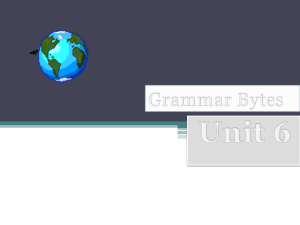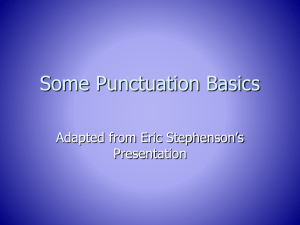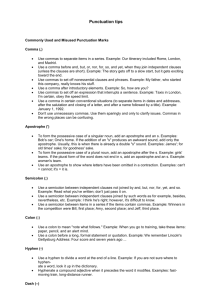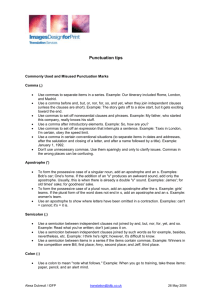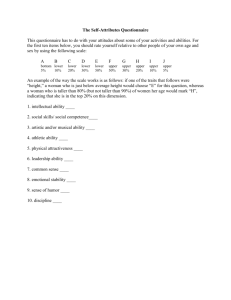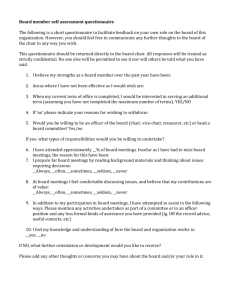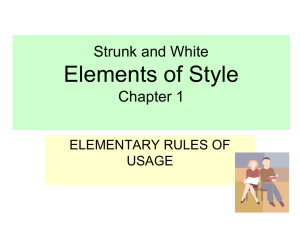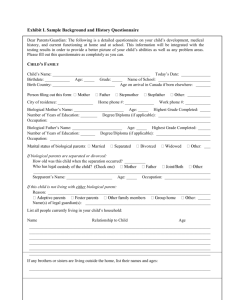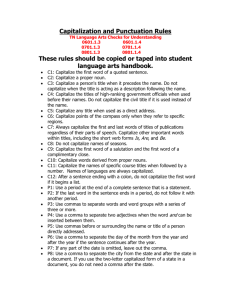rather punctuation
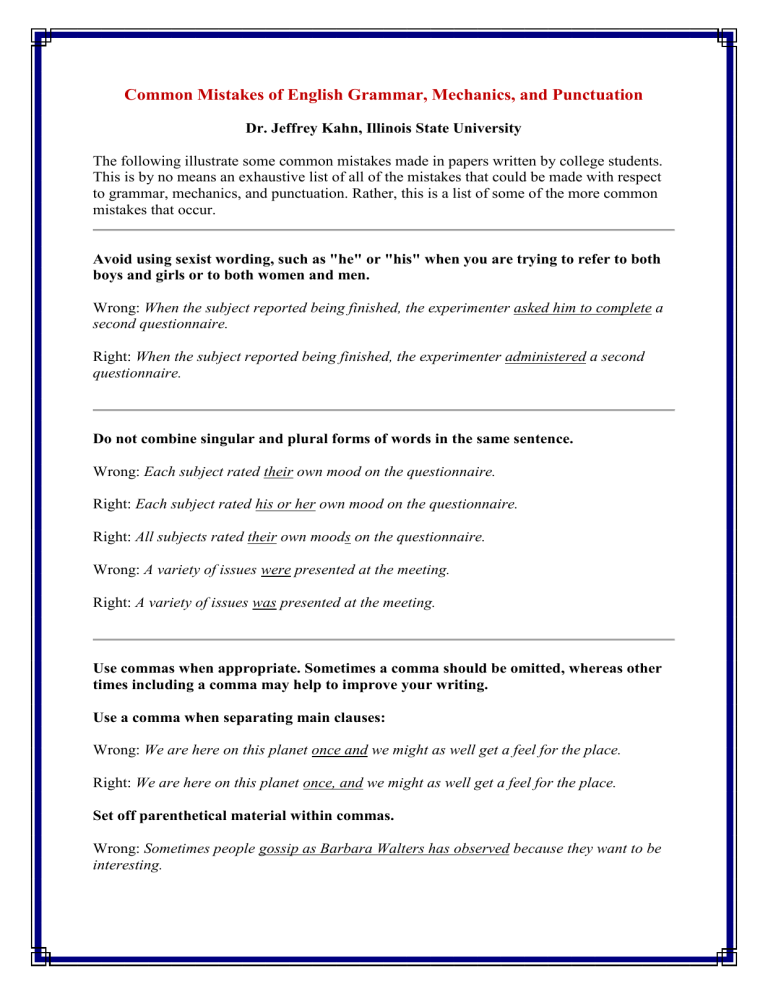
Common Mistakes of English Grammar, Mechanics, and Punctuation
Dr. Jeffrey Kahn, Illinois State University
The following illustrate some common mistakes made in papers written by college students.
This is by no means an exhaustive list of all of the mistakes that could be made with respect to grammar, mechanics, and punctuation. Rather, this is a list of some of the more common mistakes that occur.
Avoid using sexist wording, such as "he" or "his" when you are trying to refer to both boys and girls or to both women and men.
Wrong: When the subject reported being finished, the experimenter asked him to complete a second questionnaire.
Right: When the subject reported being finished, the experimenter administered a second questionnaire.
Do not combine singular and plural forms of words in the same sentence.
Wrong: Each subject rated their own mood on the questionnaire.
Right: Each subject rated his or her own mood on the questionnaire.
Right: All subjects rated their own moods on the questionnaire.
Wrong: A variety of issues were presented at the meeting.
Right: A variety of issues was presented at the meeting.
Use commas when appropriate. Sometimes a comma should be omitted, whereas other times including a comma may help to improve your writing.
Use a comma when separating main clauses:
Wrong: We are here on this planet once and we might as well get a feel for the place.
Right: We are here on this planet once, and we might as well get a feel for the place.
Set off parenthetical material within commas.
Wrong: Sometimes people gossip as Barbara Walters has observed because they want to be interesting.
Right: Sometimes people gossip, as Barbara Walters has observed, because they want to be interesting.
Avoid unnecessary commas.
Wrong: The facts were selected, and organized with care.
Right: The facts were selected and organized with care.
Wrong: The Air Force debunked UFO sightings, but, millions of Americans didn't listen.
Right: The Air Force debunked UFO sightings, but millions of Americans didn't listen.
Do not write fragmented sentences. Every sentence needs a subject and a predicate.
Wrong: And for days tried to change my mind.
(no subject)
Right: For days he/she/it tried to change my mind.
Do not confuse "its" and "it's." "Its" is the possessive form of "it," whereas "it's" is a contraction for "it is."
Wrong: Its time for a change.
Right: It's time for a change.
Wrong: What is it's purpose?
Right: What is its purpose?
Do not confuse "effect" and "affect." "Effect" is typically a noun, meaning some consequence or result. "Affect" is typically a verb, meaning to bring about an effect.
(But note that "affect" also can be a noun meaning emotional expression, and "effect" can be used as a verb to mean to cause something to come into being.)
Wrong: The experimental manipulation caused an interesting affect.
Right: The experimental manipulation caused an interesting effect.
Wrong: The intervention did not effect the behavior of the therapy group.
Right: The intervention did not affect the behavior of the therapy group.
Use apostrophes in the appropriate place to indicate possession. A word ending in "s" has an apostrophe at the end of the word; otherwise, place an apostrophe followed by
"s" to indicate possession.
Wrong: The student's faculty advisor was very committed to their learning.
Right: The students' faculty advisor was very committed to their learning. (if more than one student)
Right: The student's faculty advisor was very committed to her learning. (if only one female student)
Do not use an apostrophe to indicate a plural form of a word. Only use it to indicate possession.
Wrong: The student's all have busy schedules.
Right: The students all have busy schedules.
Use a hyphen when using two words to act as one adjective (unless the first word ends in
-ly).
Wrong: The college student sample was smarter than the high school sample.
Right: The college-student sample was smarter than the high-school sample.
Wrong: A completely-new product was put on the market today.
Right: A completely new product was put on the market today.
